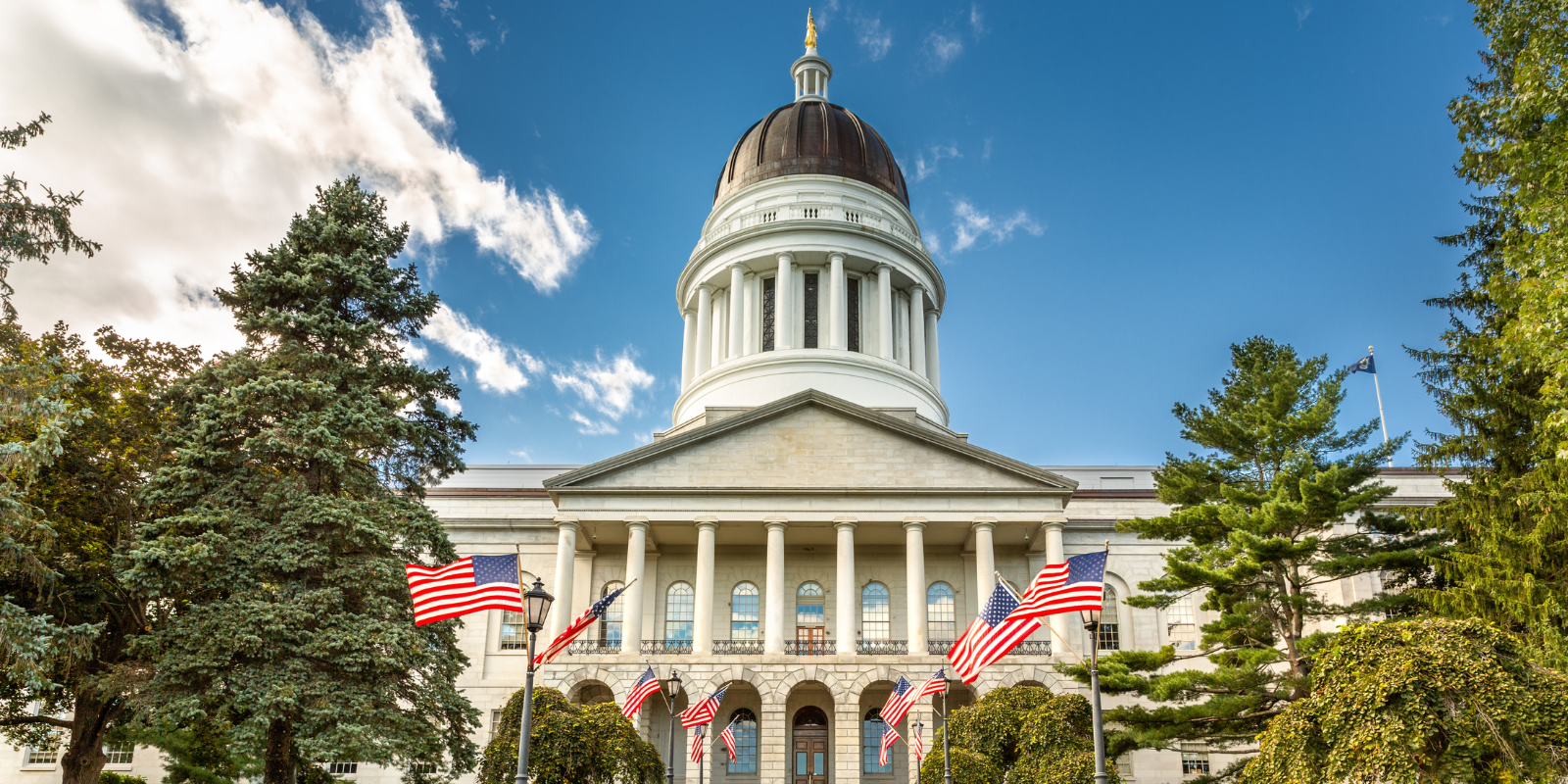AFSCME members in Maine are celebrating a new law that will allow more public service workers to gain a voice at work.
On March 14, Gov. Janet Mills signed into law a “card check” bill for state, higher education and judicial branch employees throughout Maine. It builds on a 2019 law that granted card check — or majority authorization rights — to municipal workers throughout Maine.
According to the Maine AFL-CIO, card check laws require public employers to recognize a union if a majority of workers in a bargaining unit sign union cards rather than going through the lengthy and expensive process of holding a secret ballot election.
“Most importantly, it is designed to level the playing field between labor and management by limiting the ability of anti-union management officials to unduly and unfairly harass and intimidate workers into voting against unionization,” Jim Durkin, legislative director of AFSCME Council 93, told a Maine House committee in January.
Council 93 represents more than 2,600 public sector workers in Maine and an additional 43,000 in northern New England.
The 2019 card check law has already helped municipal workers in Maine form unions, and Council 93 has worked with several of those groups.
“The process for us in Easton was pretty easy and straightforward,” said Jennifer Bray, an employee with the Easton, Maine, public schools. “We really felt that the choice to unionize or not was up to us, with little or no opportunity for management to try to intimidate us. We organized in 2023, and by February of this year we had our first contract. I would definitely want other public sector workers to have the opportunity to use this process since it worked so well for us.”
The 2024 card check law would provide even more workers across Maine the opportunity to come together to form unions to improve wages, benefits and working conditions — and advocate for the resources Maine communities need and deserve.
Adam Goode, the Maine AFL-CIO’s political and legislative director, testified in January that the new law not only expands the universe of eligible workers but also makes it mandatory for employers to recognize a union if a majority of workers chose it.
“Because the 2019 law only applied to municipal employees, public sector employers in the state, higher education and judicial branches are not required to honor their workers’ decision to form a union, even if 100% of employees demonstrate they want to have a union,” Goode testified.
Until now, employers rarely exercised their option of voluntarily recognizing unions, preferring instead to ask the Maine Labor Relations Board to schedule a secret ballot election, Durkin said.
“It can take up to several months or longer before an election date is set, which not only delays workers’ efforts to secure better wages, benefits and working conditions, but also gives management a strong and unfair disadvantage over union proponents,” he said.
Most employers used that time to “do everything possible to dissuade workers from taking advantage of their legal right to vote in favor of forming a union,” according to Durkin.
